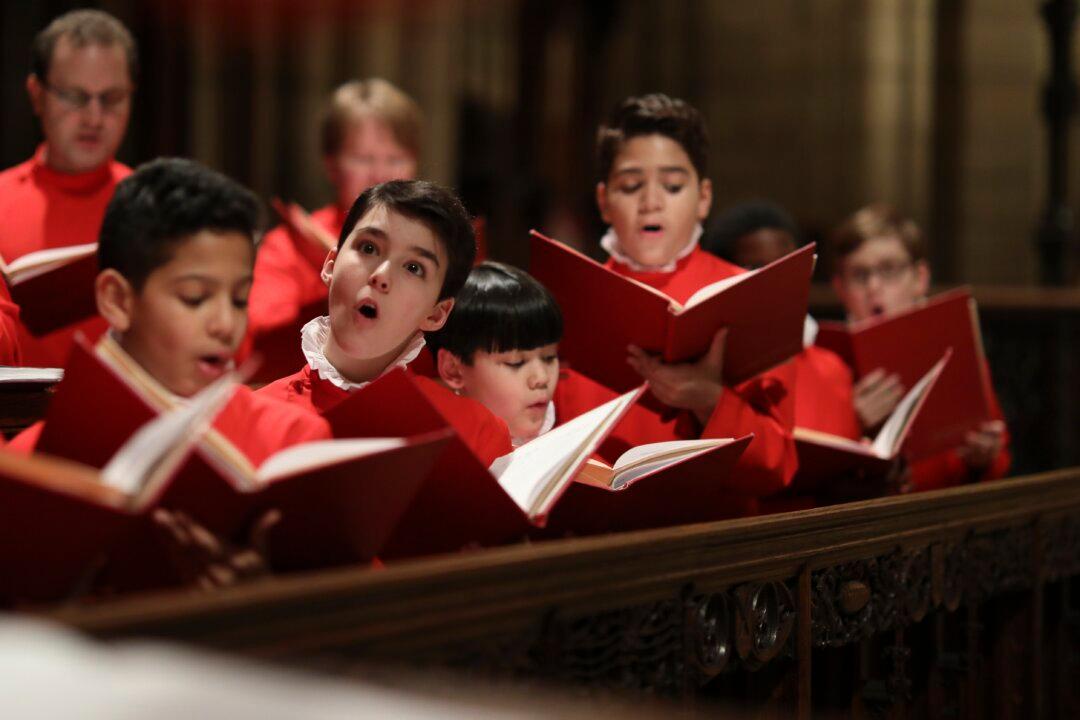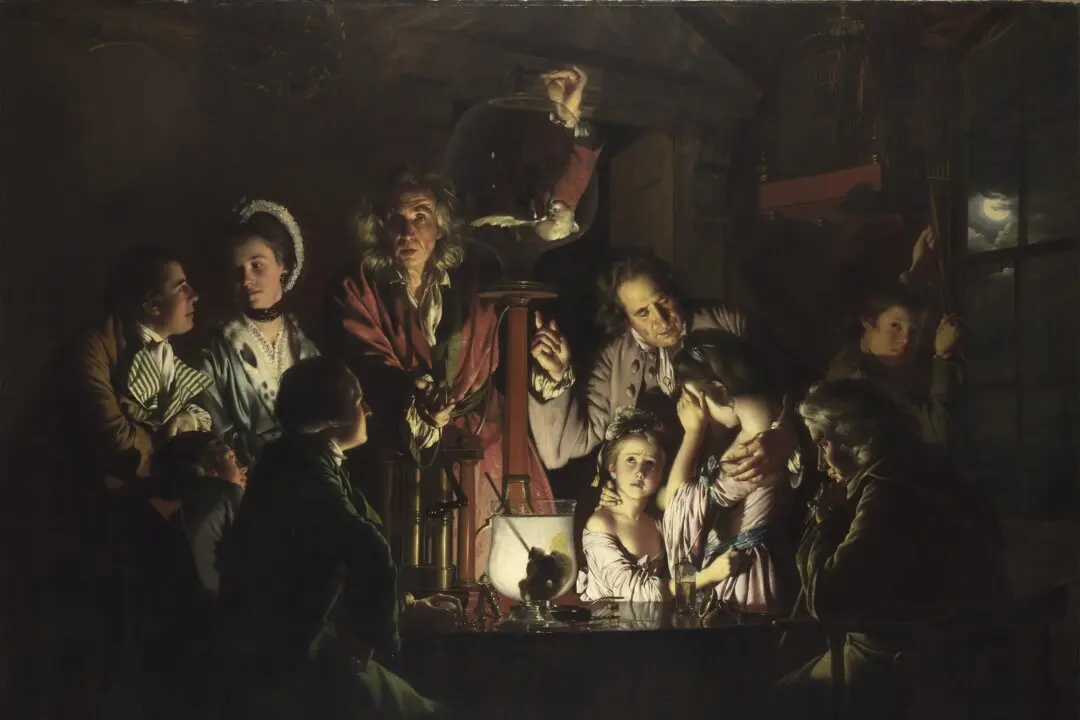One block south of New York’s Central Park, a 1,000-year-old choral tradition is thriving at Saint Thomas Choir School. The chorister boarding school is one of only three such schools worldwide, which include Westminster Abbey Choir School in London and Escolania de Montserrat near Barcelona, Spain.
Englishman Thomas Tertius Noble (1867–1953) founded Saint Thomas Choir School in 1919 in order to create the best musical standards for Saint Thomas Episcopal Church on Fifth Avenue, in New York City.






